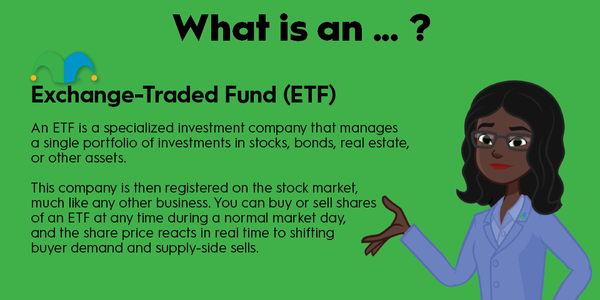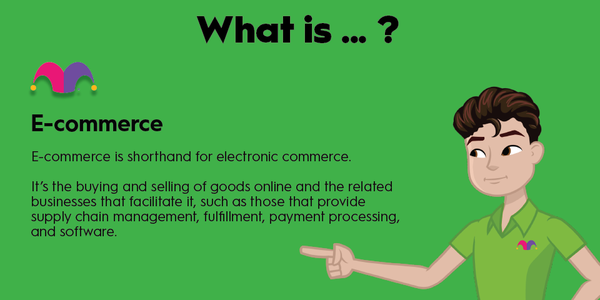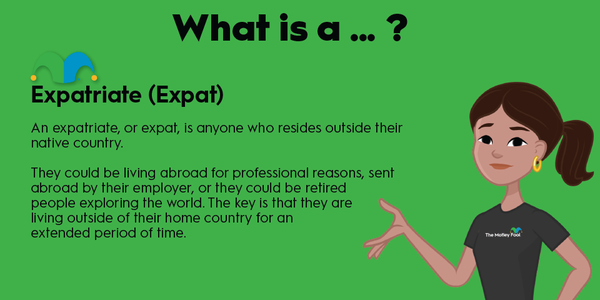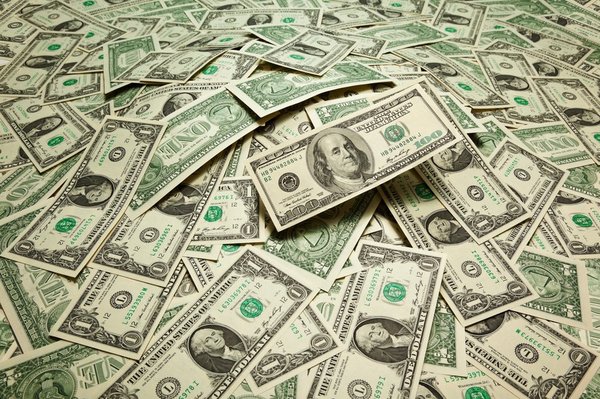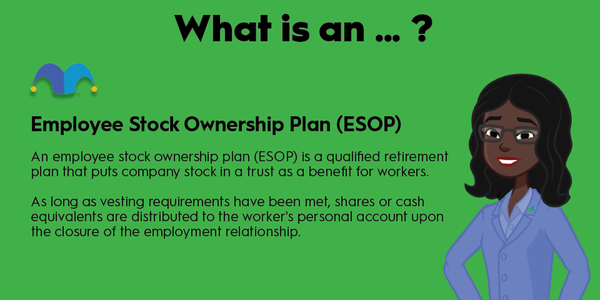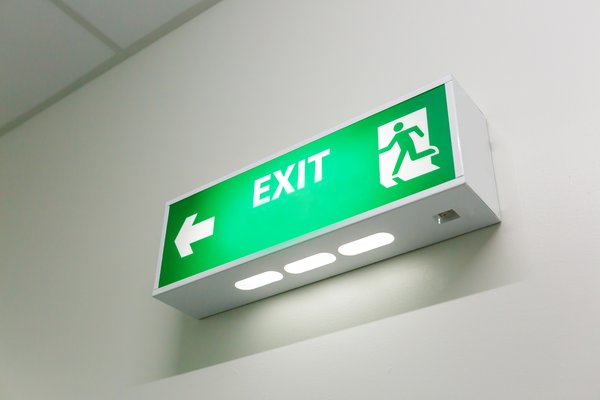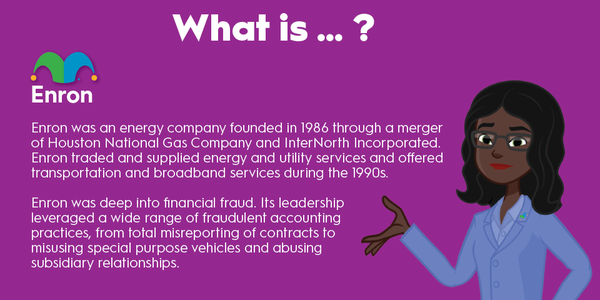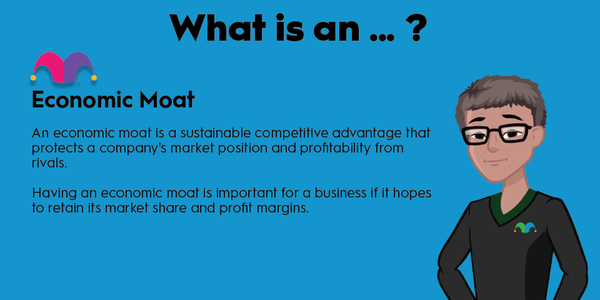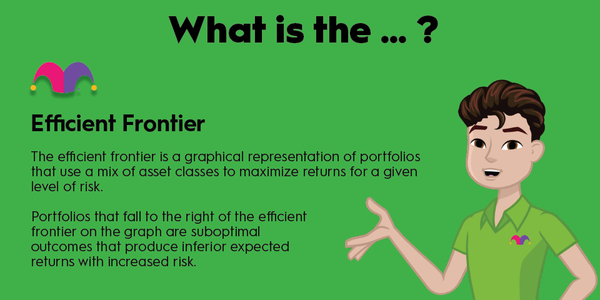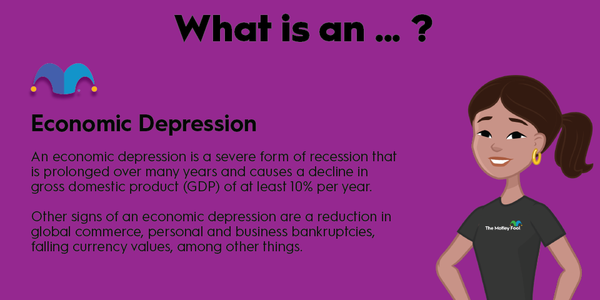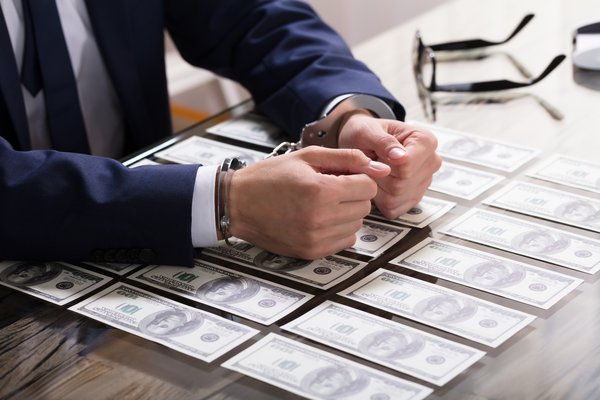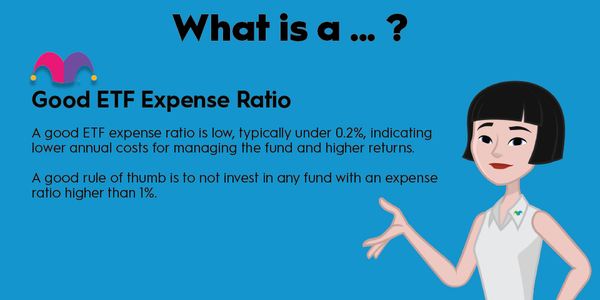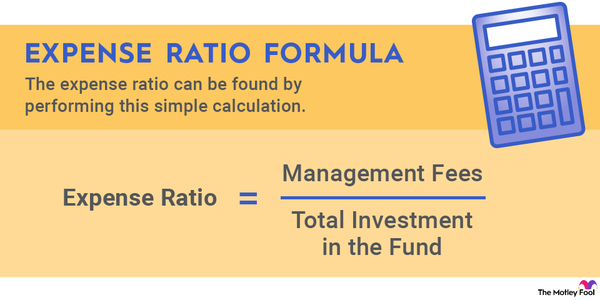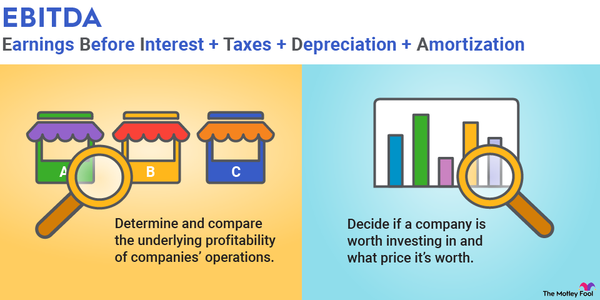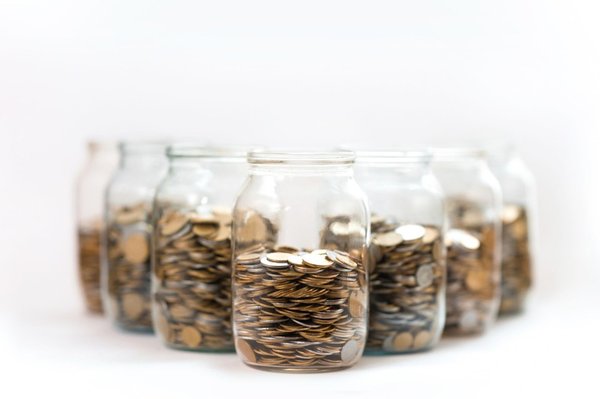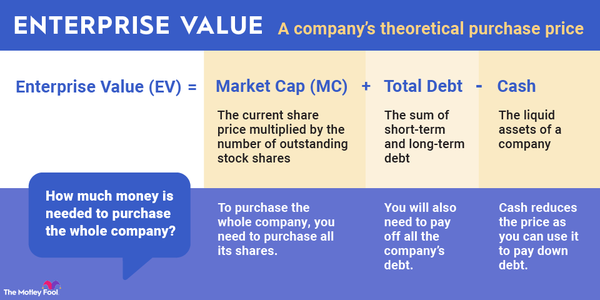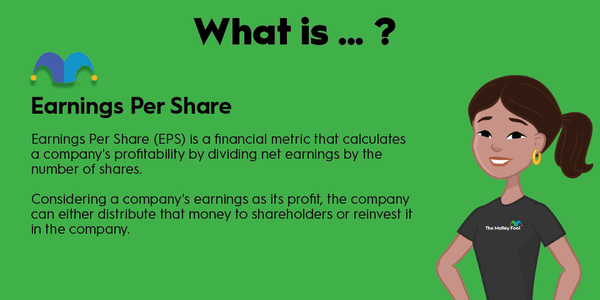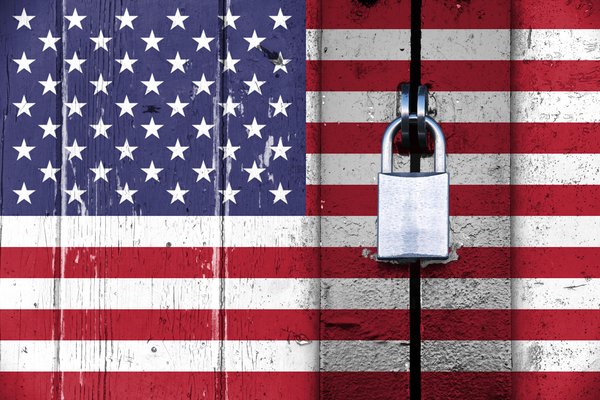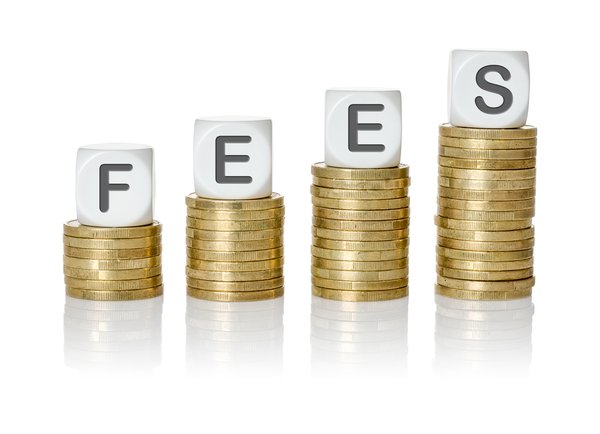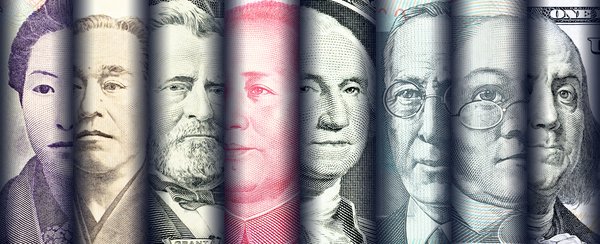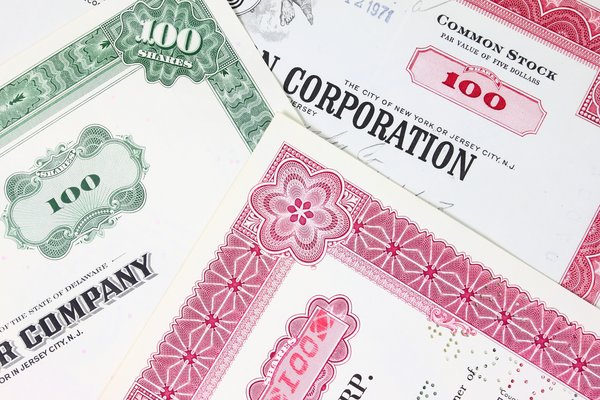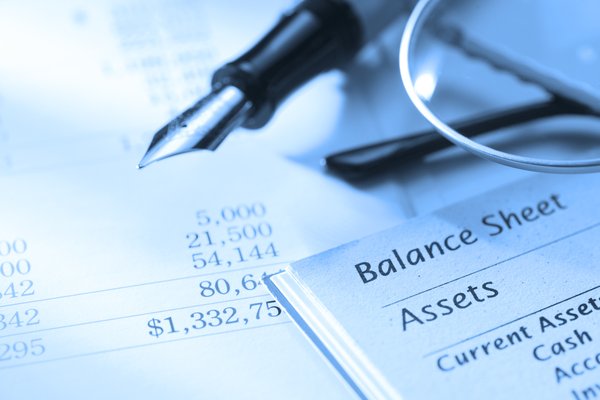Owning dividend stocks can be a great way for investors to easily generate passive income over the long-term, but dividend schedules take on extra importance when it comes to short-term holdings and trades. If you're interested in buying a stock to receive its next dividend or want to make sure you're eligible for a payout before selling shares, it's crucial to know the stock's ex-dividend date.
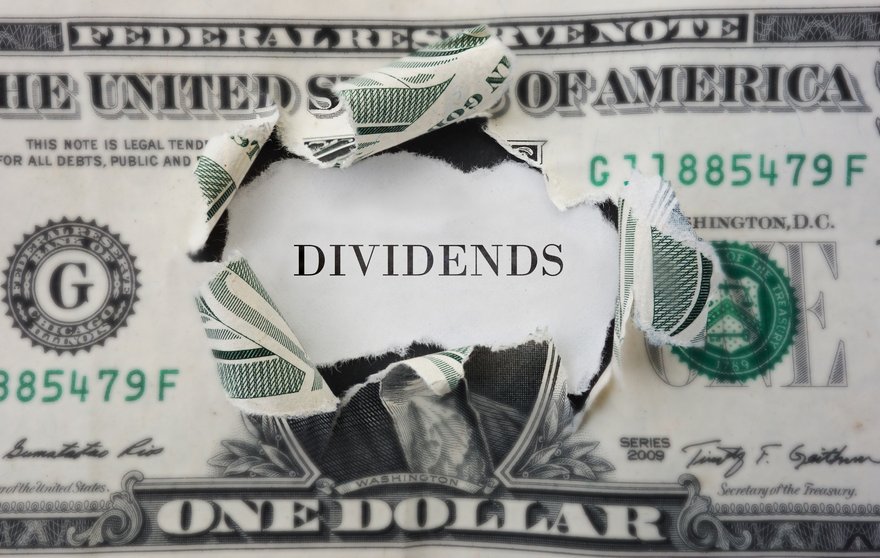
Dividend Payments
Understanding ex-dividend dates
Understanding ex-dividend dates
An ex-dividend date is the cutoff period that determines whether a shareholder will receive a dividend payment for stock they own. If you own the stock at the end of the trading day before the ex-dividend date, you will receive its next payout. On the other hand, if you buy a stock on its ex-dividend date, the person who owned the stock at the end of the previous trading day will be the one who receives the payout.
How do ex-dividend dates work?
How do ex-dividend dates work?
When announcing an upcoming dividend payout, a company typically states that it will make a payment to shareholders of record as of a certain date. The ex-dividend date occurs one trading day before the record date. But buying a stock on its ex-dividend date will not make you a shareholder of record in time to qualify for the upcoming payout.
Because settling trades and updating records takes time, investors will actually need to own shares at the stock market's close two days prior to the record date to get the dividend. This means that if you are the owner of the stock when the market closes the day before the ex-dividend date, you will be locked in to receive the dividend on the previously specified payable date.
For example, if a company announces it will pay a dividend on Sept. 1 to shareholders of record as of Aug. 25, the ex-dividend date for the stock would take place on Aug. 24. To receive the dividend payment, it would be necessary to own shares when the stock market closed on August 23 -- one trading day before the ex-dividend date.
How do ex-dividend dates impact stock prices?
How do ex-dividend dates impact stock prices?
As a stock approaches its ex-dividend date, investors may be incentivized to purchase the stock so that they will be shareholders of record and eligible to receive the upcoming payout. Investors buying the stock to qualify for the dividend can have the effect of pushing the company's share price up.
Alternatively, it's not unusual for a stock to fall after its ex-dividend date. Once the ex-dividend date has been reached, an investor holding a stock will be considered a shareholder of record and be locked in to receive the upcoming dividend payment even if they sell the stock. With the dividend already secured, investors may have less reason to hold on to the stock -- and an uptick in selling can push its share price lower.
An ex-dividend date in action
An ex-dividend date in action
In February 2023, beverage giant Coca-Cola (KO -0.14%) announced that it was raising its quarterly dividend to $0.46 per share -- representing a 4.6% increase from its previous quarterly dividend payout of $0.44 per share. With the announcement, the company stated that the new quarterly dividend would be paid on April 3 to shareholders of record on March 17. The company's ex-dividend date for the period was March 16.
Fiscal Quarter
Investors who owned Coca-Cola stock immediately preceding the ex-dividend date received a payment of $0.46 for each share they held, and the payout was distributed on April 3. On the other hand, an investor who purchased stock in the company on or after March 16 would not have been considered a shareholder of record in time to receive the dividend for the quarter. But if the investor held on to that stock until the company's next ex-dividend date, they would be a shareholder of record eligible to receive the next quarterly payout and then receive a distribution on the payable date.
